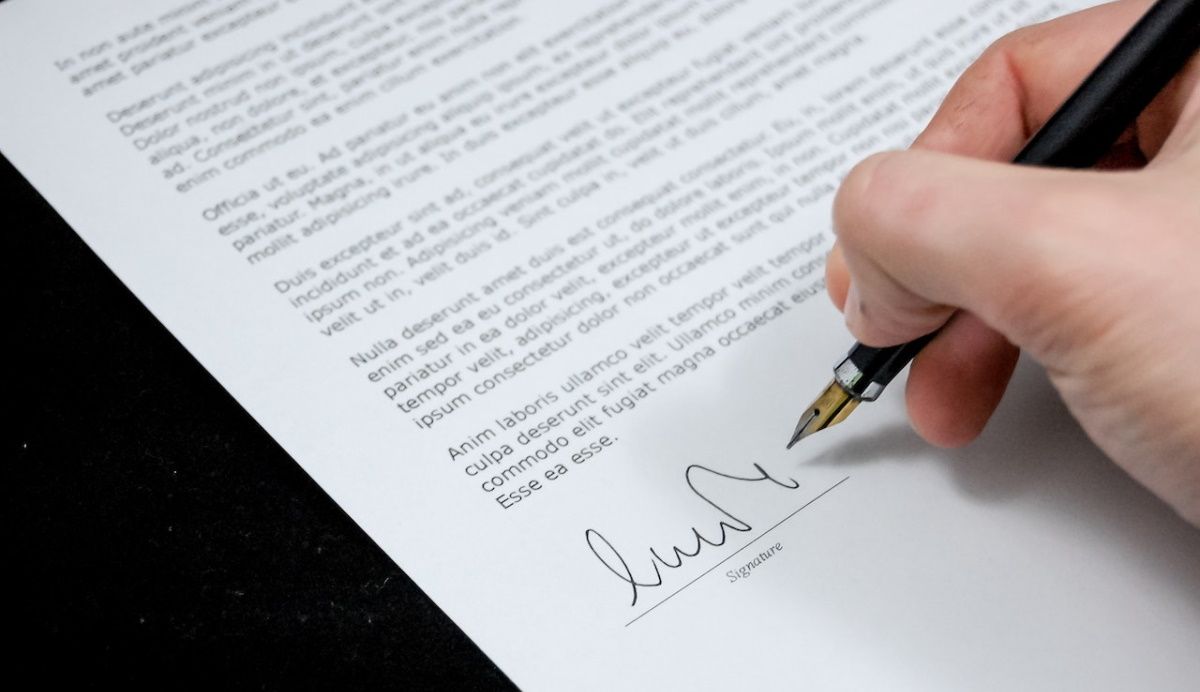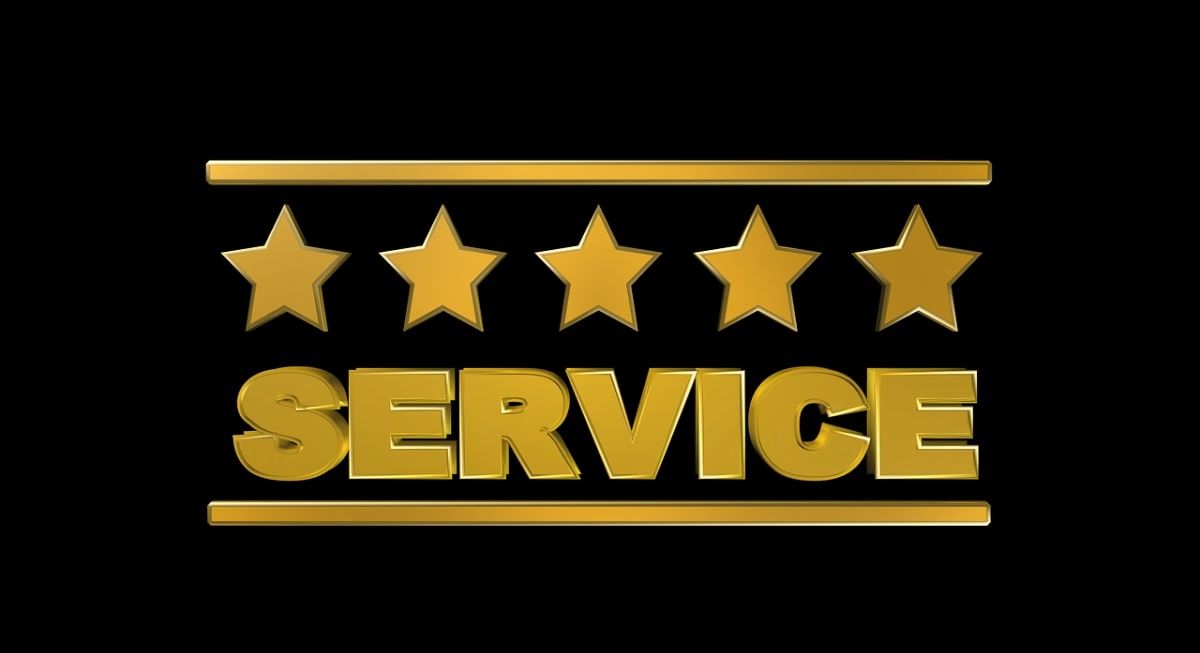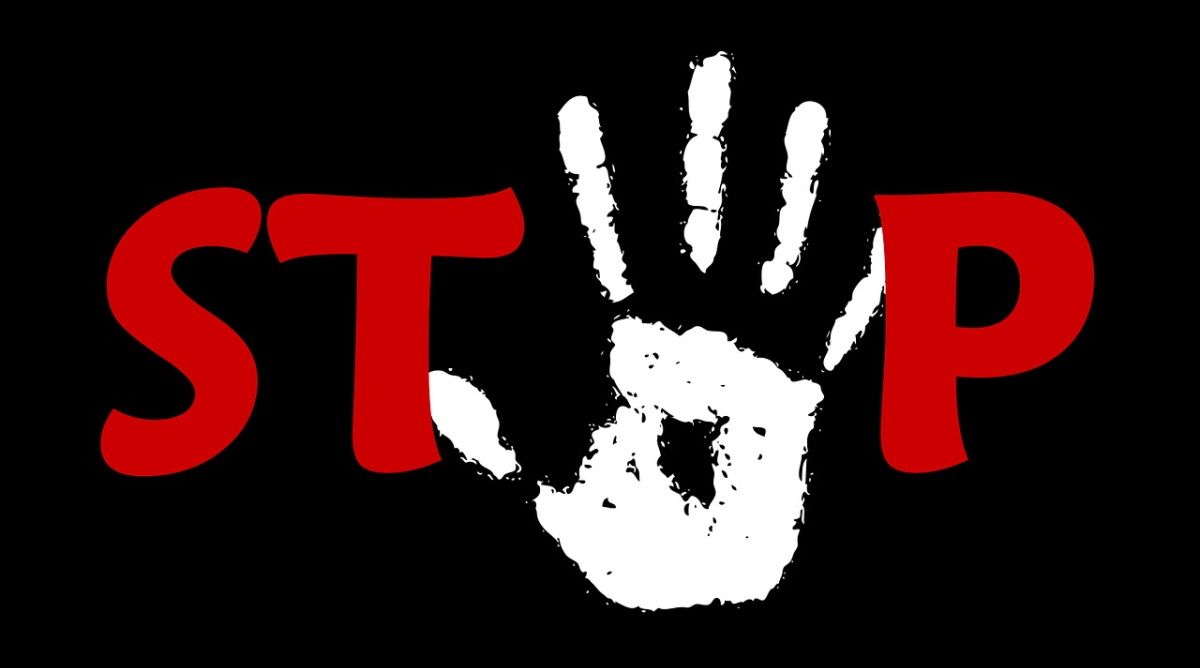So, you have landed a new client, agreed on a scope of work, and started working on the project. You have been working together and communicating for a few weeks, and they have been happy with your work. Then, suddenly, they stop responding to your emails and calls. You have been ghosted.
If you have been an online freelancer long enough, you have probably experienced this before. Although this is an unfortunate reality of working online, here are some things you can do to minimize the chances of being ghosted by a client.
1. Vet Your Clients
One of the main advantages of being an online freelancer is choosing who you work with. When starting out as a freelancer and trying to build your client base, you may not have the luxury of being choosy and may have to take on any work that comes your way. However, as you start to get more established, having a vetting process can help you identify red flags early on and avoid working with clients who are likely to ghost you.
For example, if a client is vague about the project requirements from the outset, it may indicate that they do not have a clear vision for what they want. This can lead to frustration on both sides, and eventually, the client may decide to ghost you rather than deal with the hassle. In addition, before kick-starting the project, you can ask to submit a paid sample to test the waters and get a feel for working with the client.
Lastly, you can work on reliable freelance platforms, like Fiverr or other alternative services that act as middlemen and help screen clients and escrow payments to reduce your chances of being scammed.
2. Sign a Contract
Another way to help protect yourself from being ghosted is to have a contract outlining the scope of work and expected deliverables. Having a carefully-crafted written agreement detailing the project timeline and payment terms can help minimize miscommunication and provide a clear roadmap for both parties to follow.
If a client does decide to ghost you, having a contract in place gives you a paper trail that you can use to try and recoup any unpaid funds. In some cases, you may use the contract to take legal action against the client, especially if the money involved is significant.
Fortunately, you don’t need to be in the same physical space or use a pen and paper, as various tools allow you to sign documents online. For instance, if you have an iOS device, you can sign a document right from your iPhone.
3. Get Paid Upfront
One of the best ways to minimize your chances of being ghosted, or at least mitigate the financial impact, is to get paid upfront before starting work on a project.
Ideally, you want to receive 50% of the project’s entire fee upfront and the remaining 50% upon completion. This gives the client some skin in the game and ensures they are committed to seeing the project through to the end. If the client is unwilling to pay this percentage or the project is large and will take a lot of time, you may consider dividing the payments into smaller installments due at specific project milestones.
Alternatively, you can entice your clients to pay the entire sum up front by offering them a discount. For example, you can offer a 5-10% discount if they agree to pay the total project fee. This way, you won’t have to worry about losing out on money if the client decides to ghost you, and you’ll still earn a decent profit.
4. Provide Quality Services and Deliver on Time
Much like a romantic partner, your client may ghost you because they are dissatisfied with the quality of your work relationship due to miscommunication, missed deadlines, or work done poorly, and it feels easier to walk away rather than talk it out.
To avoid this, it’s vital that you fulfill your end of the bargain and deliver quality services that meet or exceed your client’s expectations. In addition, you need to be timely with your deliveries and meet all deadlines.
If you run into unforeseen issues, communicate this to your client as soon as possible, so they are not left in the dark. Doing your part will significantly decrease your chances of being ghosted.
5. Establish Clear Lines of Communication
From the beginning of the project, establish clear lines of communication with your client and agree on a communication method and schedule. This might mean setting up weekly check-ins via email, video call, or using a project management tool like Asana to track progress and deadlines. Whatever method you choose, ensure you are both on the same page.
Once you have achieved this, and in the unfortunate event that your client goes silent, you will know when, where, and how to follow up with them. However, at this stage, it is early to attribute their silence to ghosting. Maybe they are dealing with a personal emergency or have too much on their plate.
By following up promptly, respectfully, and professionally, you give them the benefit of the doubt and a chance to explain themselves. You can start by emailing them before using other methods like calling or reaching out to them on social media. If you don’t hear back from them after a few attempts, it is probably time to:
6. Stop Working on the Project
If you have tried all the tips above and still haven’t heard back from your client, it’s probably time to stop working on the project. Of course, this doesn’t mean that you should just abandon the project altogether.
First, you need to send your client a final invoice for the work you have completed thus far. If they don’t respond to this either, you can reach out to them one last time. If there is still no response, it might be time to move on to a new project. You could consider taking legal action, but this is often not worth the time and money.
Take Precautionary Measures to Avoid Ghosting
Being an online freelancer comes with its fair share of challenges, and being ghosted by a client is one of them. While there’s no surefire way to prevent this from happening, you can decrease your chances of being ghosted by taking the preventive measures we have shared, and mitigate your financial risks by ensuring you are equipped to get more clients promptly.




